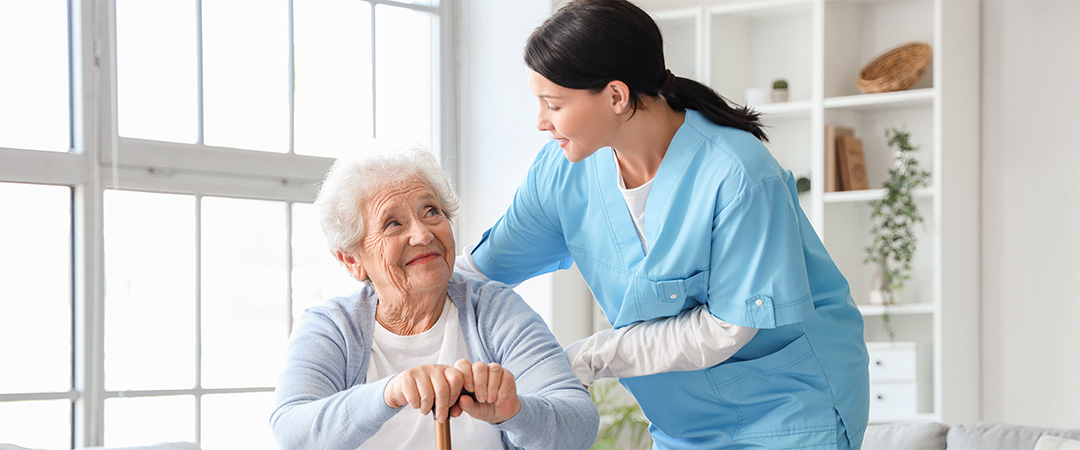
In skilled nursing facilities, infection prevention is more than just a policy, it is a cornerstone of resident safety and comfort. Especially during times of heightened health concerns, strong hand hygiene and thoughtful visitor practices are essential. At Capital Post-Acute, these measures are part of daily life, ensuring that recovery and rehabilitation take place in a safe and supportive environment.
Why Infection Prevention Matters in Skilled Nursing
Residents in skilled nursing facilities often have complex health needs, making them more vulnerable to infections. Preventing illness is critical to maintaining wellness and avoiding setbacks in recovery. Capital Post-Acute is dedicated to infection prevention through individualized care plans, staff training, and a coordinated approach that protects each resident.
Hand Hygiene: Simple Yet Powerful
Hand washing remains one of the most effective ways to prevent the spread of infection. Whether you are a staff member, visitor, or resident, washing hands for at least 20 seconds with soap and water is essential. When soap is not available, alcohol-based hand sanitizer is a strong alternative.
At Capital Post-Acute, staff members follow strict hand hygiene protocols before and after providing care, preparing meals, or administering medications. Hand sanitizer stations are available throughout the building, making it easy for residents and visitors to participate in these important routines.
Visitor Tips for Protecting Loved Ones
Visitors play a meaningful role in recovery, yet they can also unintentionally bring in germs. Here are some simple infection prevention tips for visitors:
- Stay home if sick: Even a mild cough or cold can spread easily.
- Check in with staff: Follow any screening or visitor guidelines in place.
- Clean your hands: Use hand sanitizer when arriving and before leaving.
- Wear a mask if advised: Some areas may require masks to protect high-risk residents.
- Choose safe greetings: Smiles and waves can be just as meaningful as hugs when protecting health.
Capital Post-Acute welcomes families and friends while prioritizing the safety of all residents. These shared efforts create an environment where visits remain both safe and meaningful.
Environmental Cleaning and Facility Standards
Infection prevention goes beyond hand hygiene. Regular cleaning of high-touch surfaces such as doorknobs, tables, and handrails reduces the spread of germs. At Capital Post-Acute, the housekeeping team follows strict cleaning routines using approved disinfectants. This level of attention creates a healthier environment where residents can feel comfortable and cared for.
Communication and Education
Clear communication is a vital part of infection prevention. Residents and families benefit when they understand current policies, seasonal health updates, and best practices for staying well. At Capital Post-Acute, staff members provide education and updates to keep everyone informed, prepared, and aligned with facility guidelines.
Extra Measures During High-Risk Seasons
During flu season or local outbreaks, additional precautions may be needed. These may include visitor restrictions, expanded mask use, or increased sanitation frequency. Capital Post-Acute has the staff and procedures in place to respond quickly when these measures are necessary, ensuring that residents remain protected.
Supporting Recovery Through Prevention
A strong focus on infection prevention allows residents to heal, socialize, and participate in activities with greater confidence. At Capital Post-Acute, hand hygiene, visitor awareness, and environmental cleaning come together to create a culture of safety. These proactive steps not only reduce risks but also support the well-being of every individual in the community.